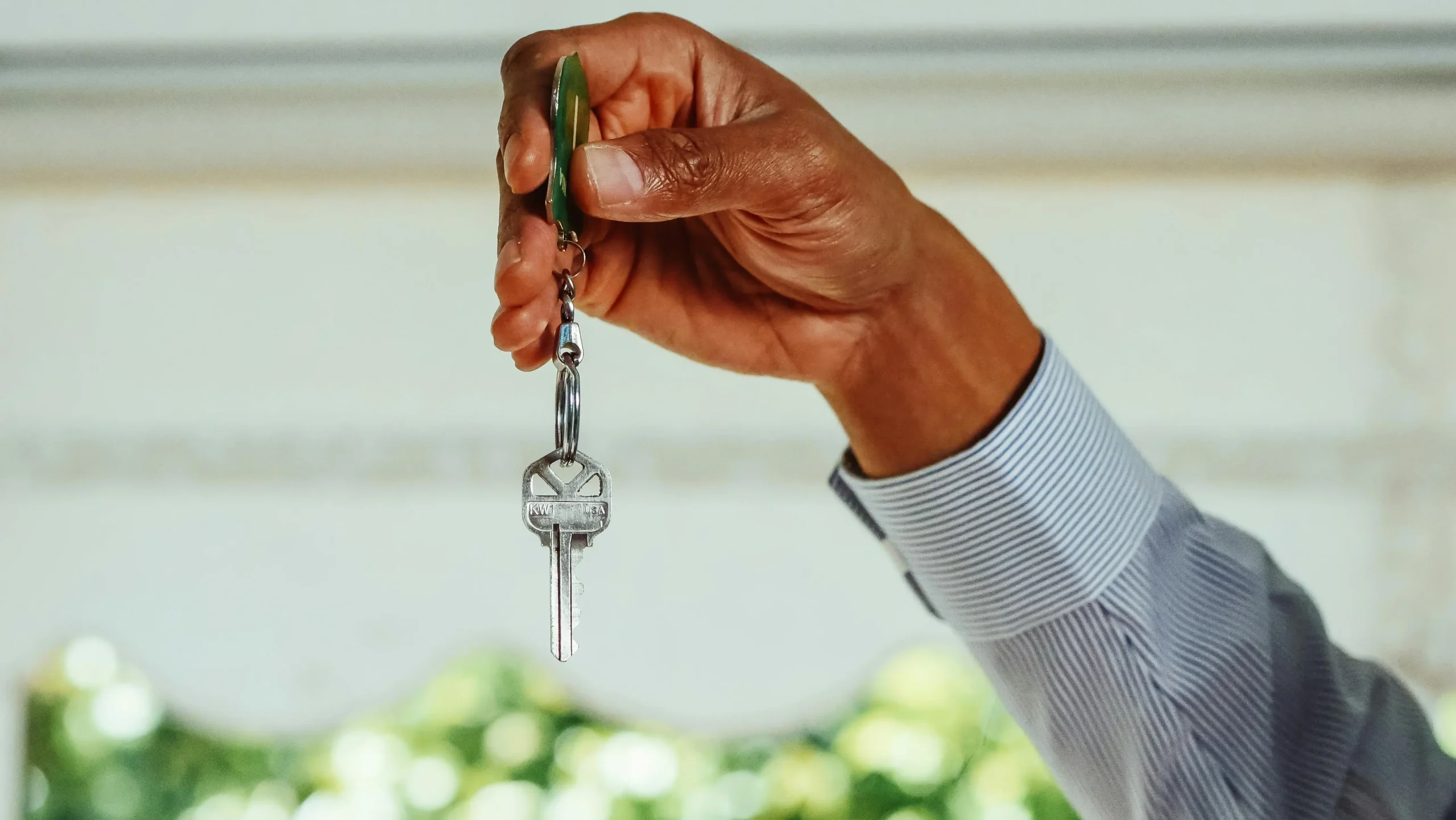The shift from renting to homeownership is a significant life achievement. It’s a thrilling step but also daunting when presented with money matters, from saving for a down payment to knowing mortgage options. This article will walk you through the key money moves to make homeownership possible. With the proper plan, the journey from renting to owning can be attainable and rewarding.
1. Know Your Budget
Getting into homeownership requires knowing how much you have and how much you can spend. Begin by evaluating your income, expenses, and savings. This will identify how much down payment and how much monthly mortgage you can make. Knowing your budget will also inform your hunt for homes at a price you can afford for your finances. It’s wise to include other costs, too, like property taxes, maintenance, and utilities, to prevent making your budget too tight.
2. Save for a Down Payment
Saving for a down payment is a major obstacle to purchasing a home. The majority of lenders need a down payment that varies from 3% to 20% of the cost of the house. The more you save, the better, as a bigger down payment can mean lower monthly mortgage payments and perhaps a better interest rate. Try to find ways to save on a regular basis, whether that means reducing discretionary spending or creating a separate savings account for your home. It’s all about starting early, as the sooner you start, the more time you have to save.
3. Check Your Credit Score
Your credit score is also important in determining the kind of mortgage you can qualify for. Lenders use your credit score to determine your creditworthiness and the interest rate you will be offered. A good credit score usually leads to favorable loan terms. Get your credit score well before you start looking for a home to make sure it’s in good standing. If it’s lower than you’d like, do something to raise it by paying off debt, making regular payments, and not making big purchases that will affect your score.
4. Shop Around for Mortgages
There are many different mortgage options for homebuyers, and it’s a good idea to shop around for them before deciding. Fixed-rate mortgages offer stability with a steady interest rate for the entire term of the loan, while adjustable-rate mortgages (ARMs) can be lower to begin with but may change over time. Use your finances and length of stay in the house to select the best choice. If in doubt as to which mortgage will suit your requirements, seeking advice from a financial planner in Surprise, AZ or your area can provide valuable information on your choices.
5. Consider Hidden Fees
Most first-time homeowners forget that owning a home entails some unbudgeted expenditures. In addition to the mortgage and down payment, there are also closing, homeowner insurance, house repairs, and maintenance costs. You’ll have to incorporate in your expenses electricity, mowing the grass, and remodeling fees. You’ll quickly exceed your figures without these in your budget, and the best practice is to add these extra spending allowances to budget calculations so that you’re completely covered for every facet of owning your own house.
6. Think About a Rent-to-Own Scenario
If you’re not yet ready to buy a house but are ready to move beyond renting, a rent-to-own scenario might be the way to go. In a rent-to-own situation, part of your payment is applied toward the purchase price of the house. This allows you to save up for a down payment while you occupy the house. It’s also a good way to “try out” the house before taking on full ownership. Just make sure to read the terms and conditions carefully, as rent-to-own agreements can include special clauses and stipulations.
7. Budget for Long-Term Financial Security
Buying a home is a long-term investment, and it’s wise to budget for financial security in the years to come. In addition to the initial purchase, prioritize building equity and saving for the future. Track your expenses, get unnecessary debt, and still keep saving towards long-term plans like retirement or a safety fund. Homeownership can prove to be an important asset, but one must have proper regard towards the finances all along. Having careful planning will allow you to achieve stability during a move from rent to ownership.
Conclusion
Homebuying is an enjoyable adventure with the need for appropriate money management. By knowing your budget, saving for a down payment, reviewing your credit score, and shopping for mortgages, you can put yourself in the best position to succeed. Also, thinking about hidden expenses, looking into rent-to-own situations, and preparing for long-term stability will make you truly ready for the challenges of homeownership. With the appropriate financial planning, bringing your dream of home ownership to life is very doable.










